How to document a human rights violation
An appvocacy.org guide outlining how to interview victims of human rights violations and document their situation to the standard necessary for making a complaint to a UN mechanism.
30
STEPS
TOOLS
Consider who you need to talk to in order to understand the incident properly. Is it one person, or several people? What is their relationship to the incident, and do they have first-hand testimony?
Consider how to communicate with them. Are they suffering trauma? How can you create a safe environment for them? What language will you use? Are there any security issues you need to think about?
Try to establish an appropriate rapport with your interviewee. If you come from different cultures, are there any issues around age / gender that you should consider?
If you use an interpreter, you should avoid addressing questions to him / her instead of your interviewee.
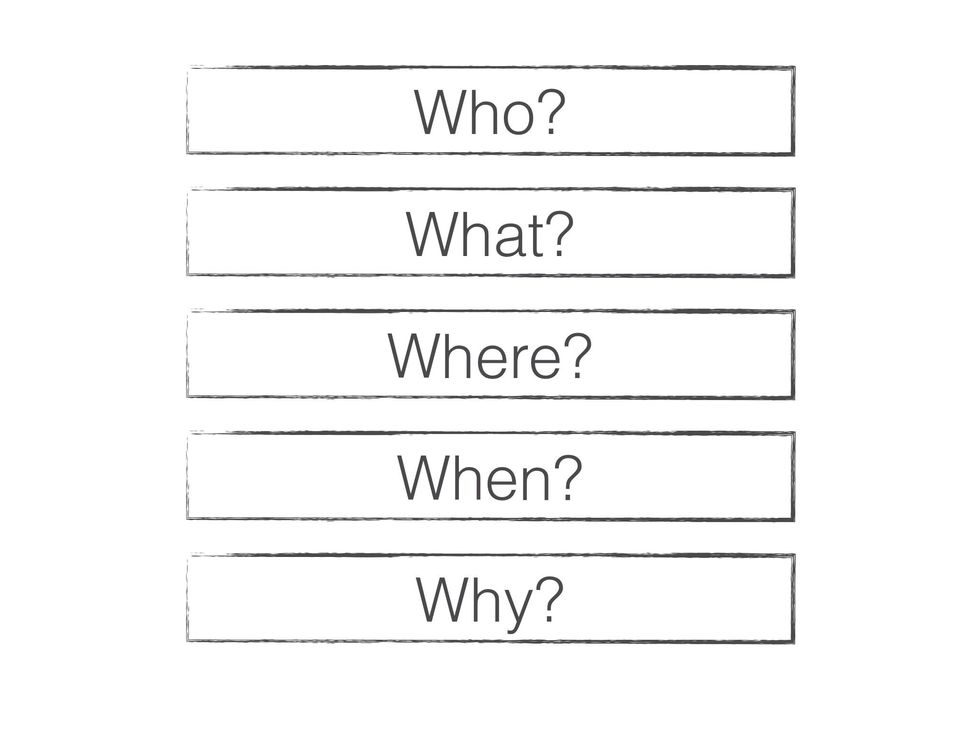
The interview may not be linear, but you should try to establish answers to the five W questions: Who, What, Where, When, & Why. Be as precise as possible, even if you can't answer everything.
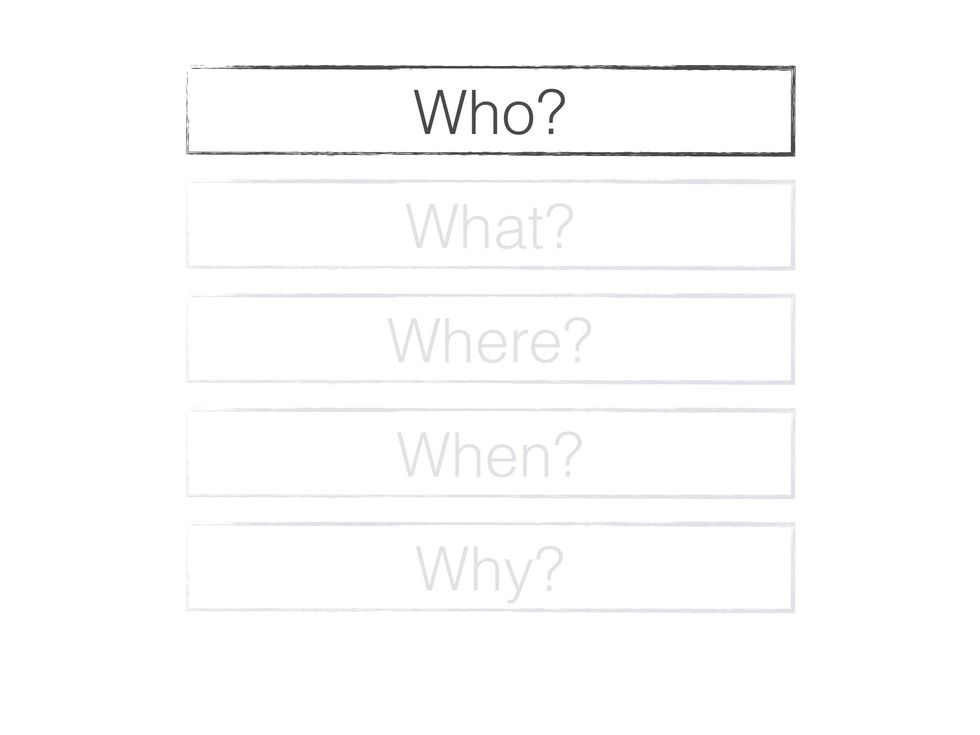
Who was the victim? Who was the perpetrator? What was the relationship between them, if any? Was the perpetrator connected with the state or operating with the state's approval?
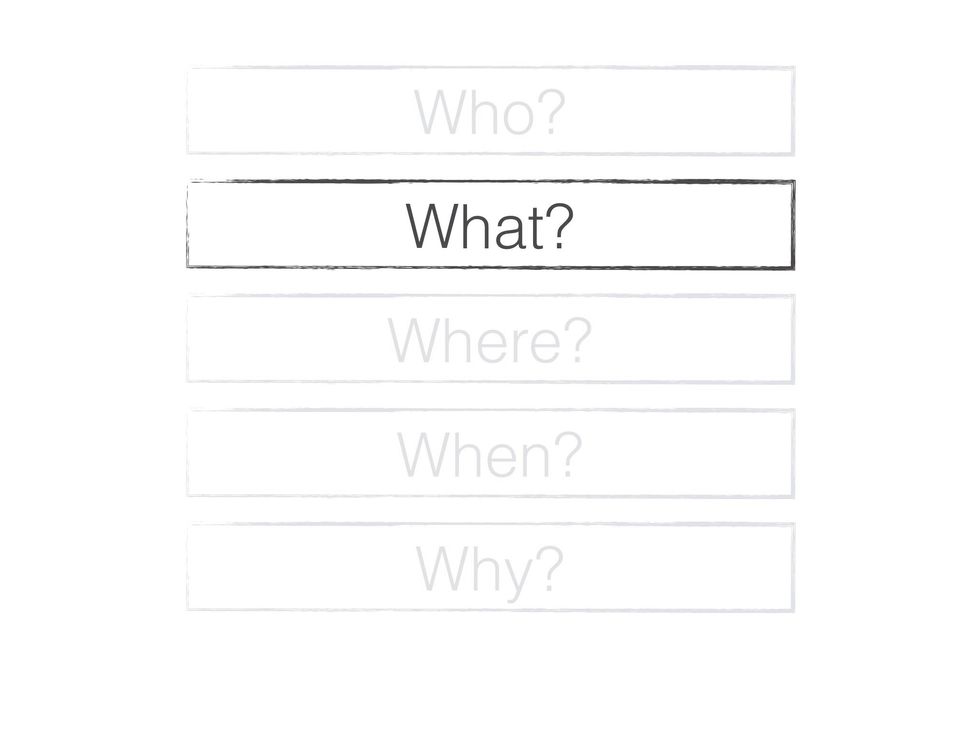
What happened? Try to establish a coherent account of all relevant events. Consider especially what actions the police / state took or failed to take.
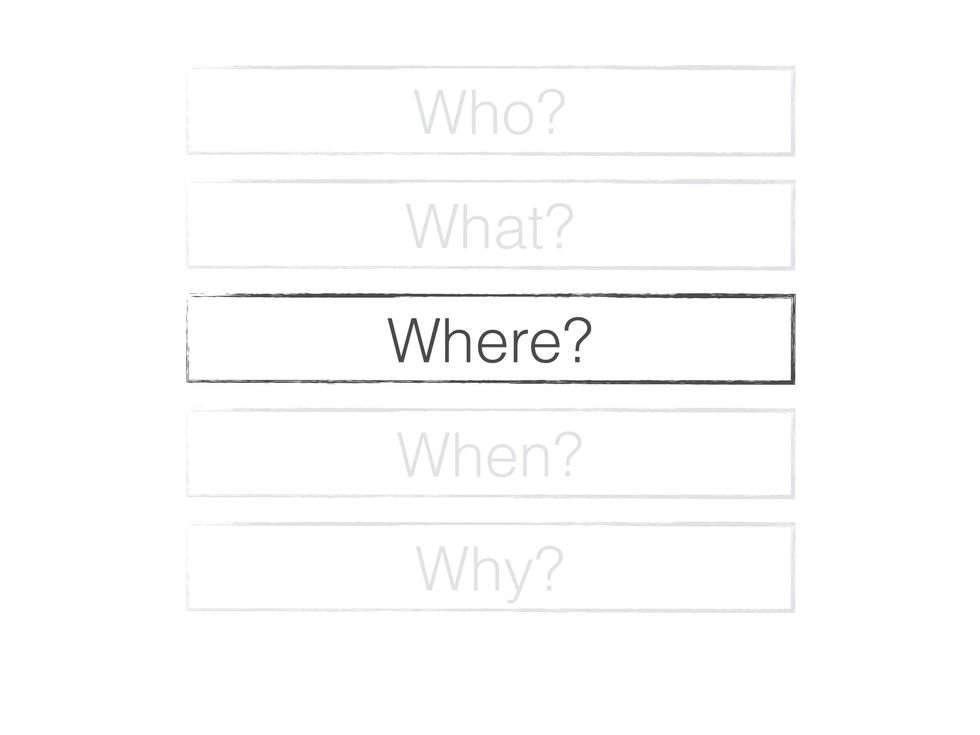
Where did the incident take place? Is there any special significance to this place that non-locals may not know about? If someone was imprisoned unjustly, where are they now being detained?
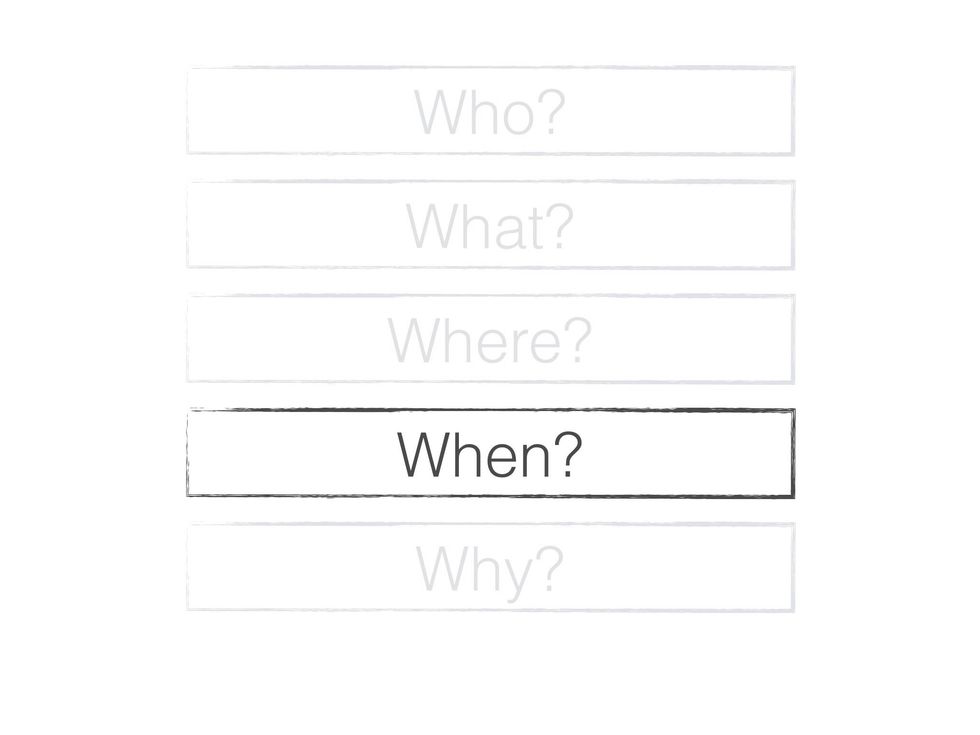
When did the incident happen? Was it a one-off or part of a pattern? Were there other incidents leading up to this?
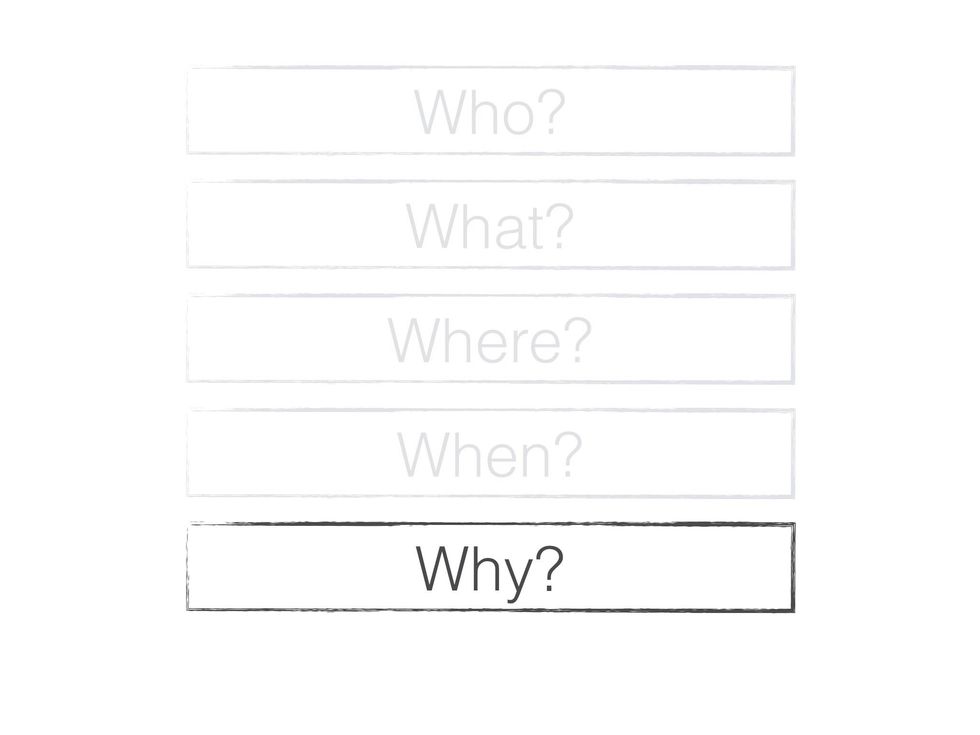
Why did this happen? This is the most difficult & subjective question. Was there any real or imagined provocation for the incident?
If possible, obtain copies of relevant documents relating to the incident, such as the ID cards or medical certificates of people involved, or police complaints.
It is important to consider the part played by the state. Note that domestic options for justice should usually be exhausted before appealing to international human rights mechanisms.
If the perpetrator was the state, by what legal authority did they act? Was it by a law or decree, and can you obtain a copy of this? Or was it just on the whim of an official?
If the victim was targeted by a non-state actor (such as an extremist group), have they tried to seek justice from the state? What happened? Was the perpetrator connected with the state in any way?
Write a coherent account of the incident. If you feel confident to do so, explain clearly how the victim's rights have been violated. Make specific recommendations for action to remedy the situation.
The creator of this guide has not included tools
The Conversation (0)
Sign Up